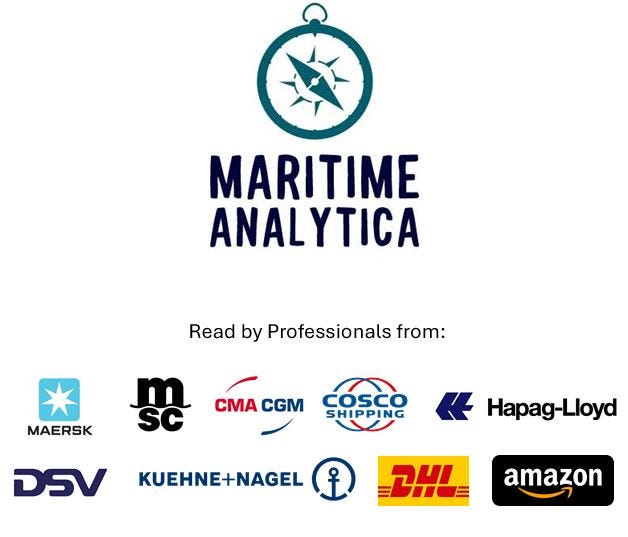💡10 Eye-Opening Container Shipping Facts You’ll Wish You Knew Sooner
🌎 Behind every container lies a secret. Get ready to uncover the truths, trends, and technologies that silently move 90% of global trade.
🔥 Greetings, Maritime Mavericks.
🌍 Shipping isn’t just moving boxes—it moves the world.
Behind every container lies a silent revolution—one that fuels economies, feeds billions, and connects continents. Yet, most people only see the surface: ports, cranes, and steel boxes. They miss the real story.
🚢 Shipping is the invisible engine of globalization.
But beneath that invisibility lies one of the most daring, complex, and misunderstood industries on Earth.
💡 As Peter Drucker once said,
“The best way to predict the future is to create it.”And that’s exactly what shipping is doing—creating the future of trade through data, automation, decarbonization, and global collaboration.
So today, let’s pull back the curtain.
Let’s explore 10 eye-opening facts that will completely change how you see container shipping—and why it just might be the most critical industry of the 21st century.
Myth #1: “Shipping is immune to global crises.”
Myth #2: “Global fleet is outdated & inefficient.”
Myth #3: “Container shipping is primarily for developed economies.”
Myth #4: “Ocean is full of containers lost at sea.”
Myth #5: “Container shipping is the primary cause of ocean pollution.”
Myth #6: “Larger ships mean higher freight costs.”
Myth #7: “Shipping lanes never change.”
Myth #8: “Container ships have no role in sustainability.”
Myth #9: “Shipping costs drive consumer price inflation.”
Myth #10: “Empty containers are a waste.”
Ready to see the world differently? 👇 Let’s begin the voyage.
Myth #1: “Shipping is immune to global crises.”
Fact: Shipping is deeply affected by global events like natural disasters, economic recessions, and political tensions. For example, the COVID-19 pandemic and the Suez Canal blockage showed just how critical shipping is for global trade and how quickly disruptions can affect supply chains.
Myth #2: “Global fleet is outdated & inefficient.”
Fact: Over 30% of the global fleet was built after 2015, and the average fleet age is just 14.2 years. At the end of 2024, the container ship order book was 8.3m TEU.
Myth #3: “Container shipping is primarily for developed economies.”
Fact: Emerging markets dominate growth. Over 70% of global container trade originates from or is destined for developing nations, fostering economic connections worldwide.




